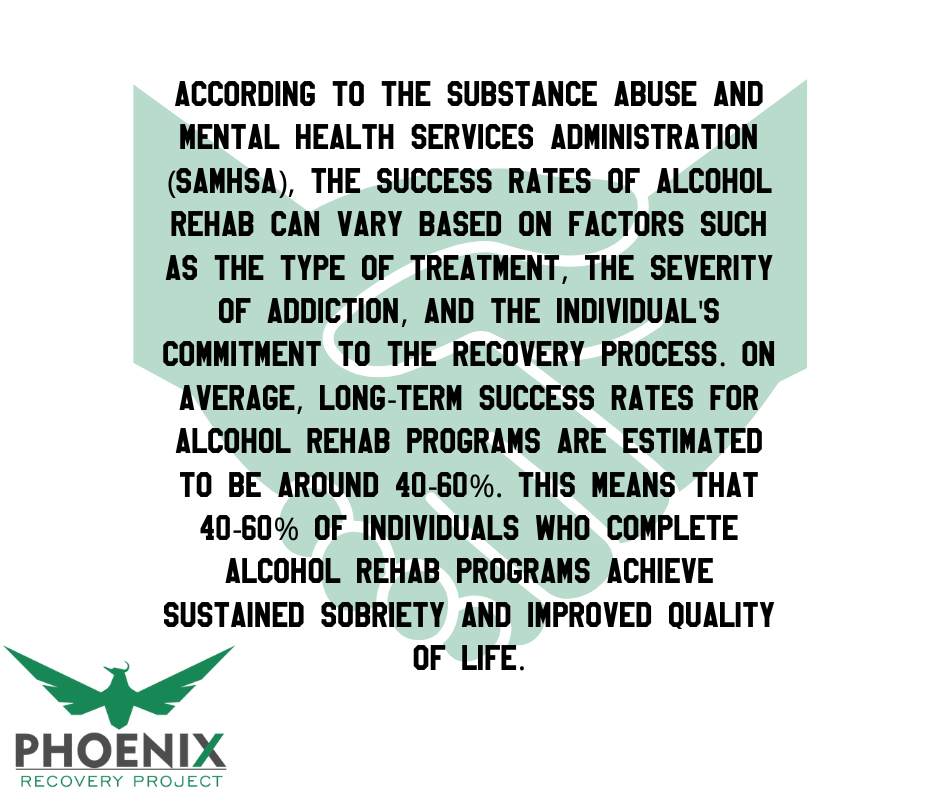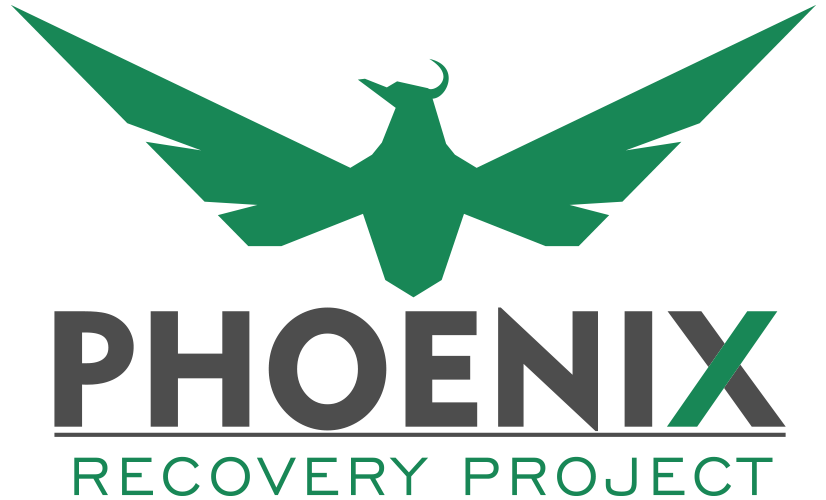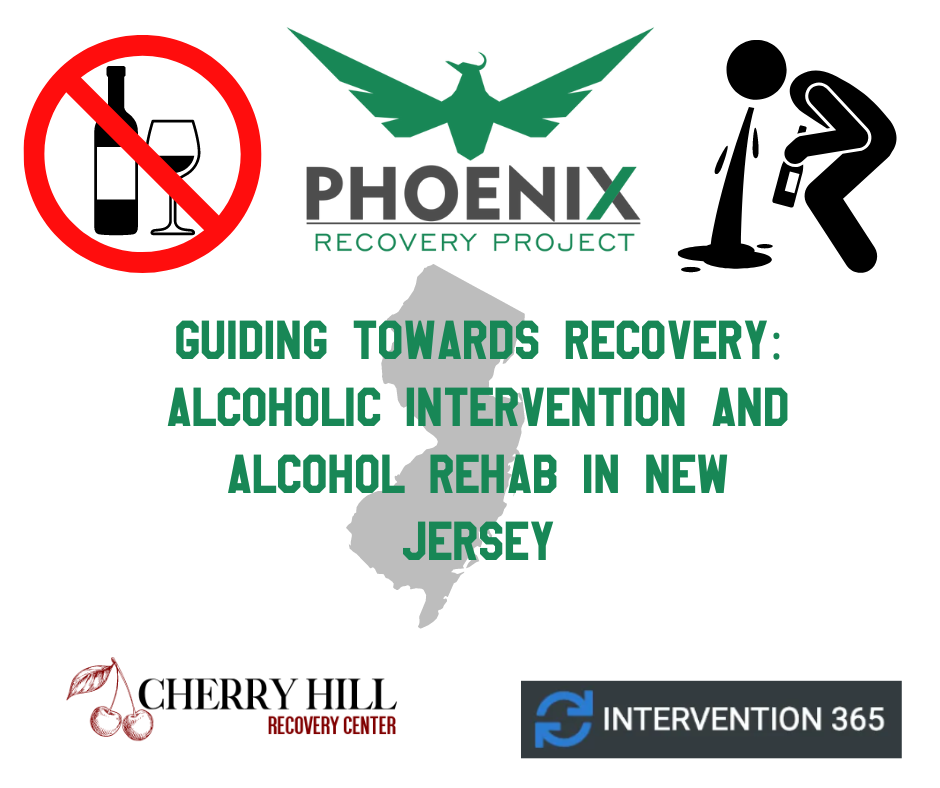Alcohol Rehab in New Jersey & Alcoholic Interventions
Embarking on a journey of recovery from alcohol addiction requires the right guidance and resources. In this informative piece, we delve into the transformative realm of alcoholic intervention and the options available for alcohol rehab in New Jersey. We can help you and your family get the help they need. Struggling with addiction is not something you have to do alone. There are many great people willing to help you.
Alcoholic Intervention: A Road to Recovery Understanding Alcoholic Intervention:
Alcoholic intervention serves as a pivotal catalyst for change, offering individuals a chance to confront their alcohol abuse and seek professional help. According to the National Institute on Alcohol Abuse and Alcoholism (NIAAA), interventions can play a significant role in motivating individuals to enter treatment.
Key Aspects of Alcoholic Intervention:
- Expert Guidance: Interventionists employ specialized techniques to facilitate constructive communication, encouraging individuals to acknowledge their struggles.
- Family Support: Involving loved ones helps create a unified front, showcasing genuine care and concern for the individual's well-being.
- Treatment Transition: A successful intervention often leads to enrollment in alcohol rehab programs, marking the first step towards recovery.
Navigating Alcohol Rehab in New Jersey Exploring Alcohol Rehab in the Garden State:
New Jersey offers a range of alcohol rehab options, each tailored to address the unique needs and circumstances of individuals battling alcohol addiction. The Substance Abuse and Mental Health Services Administration (SAMHSA) highlights the importance of individualized treatment approaches.
Comprehensive Treatment Avenues:
- Inpatient Programs: SAMHSA emphasizes the effectiveness of inpatient programs, where individuals receive round-the-clock care and structured therapy.
- Outpatient Programs: Tailored to those seeking flexibility, outpatient programs provide essential support while allowing individuals to maintain daily responsibilities.
- Holistic Healing: Incorporating holistic practices, such as mindfulness and yoga, fosters a well-rounded approach to recovery.

According to the Substance Abuse and Mental Health Services Administration (SAMHSA), the success rates of alcohol rehab can vary based on factors such as the type of treatment, the severity of addiction, and the individual's commitment to the recovery process. On average, long-term success rates for alcohol rehab programs are estimated to be around 40-60%. This means that 40-60% of individuals who complete alcohol rehab programs achieve sustained sobriety and improved quality of life.

